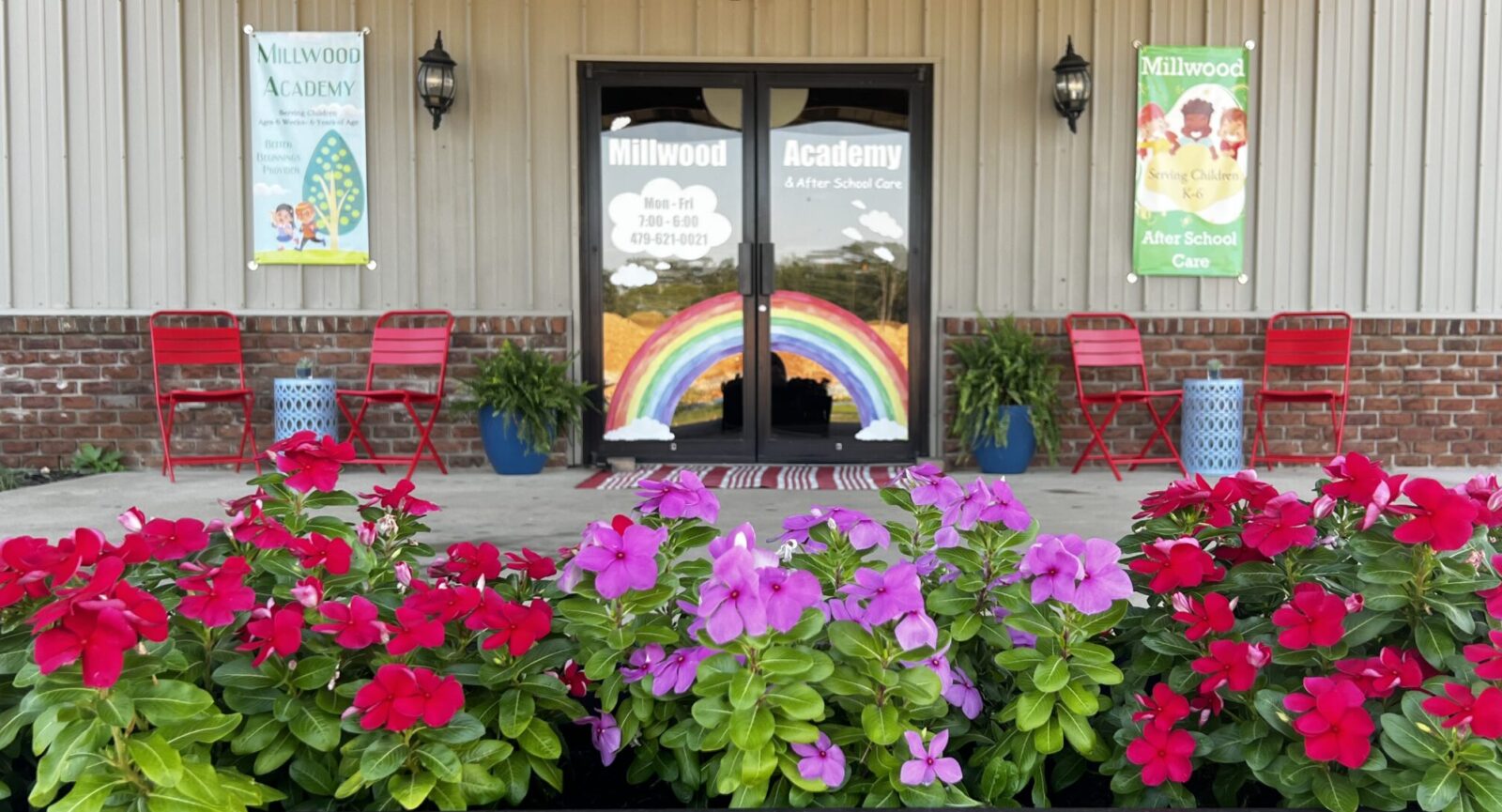ADVENTURES IN LEARNING CURRICULUM
Adventures in Learning, a comprehensive curriculum for children from
three through five, has been developed and revised through contracts with
the Division of Child Care and Early Childhood Education. The curriculum
features 40 topics of study in nine focus areas. Each topic is introduced with
familiar children’s books and has a strong language and literacy emphasis.
While Adventures in Learning is a comprehensive curriculum, it can also
be a supplement to an established curriculum. The curriculum is flexible and
allows teachers to choose from 40 topics of study and to decide when to
explore the topics with the children.
Areas of Focus
Language
Language skills develop when children are given opportunities to listen and speak with others. Teachers talk with children throughout the day—while they play, at group times, and one-to-one. They encourage children to share information, ideas, and feelings with each other
Early Writing
Students’ handwriting develops when they engage in fine motor activities. By offering fine/small motor materials throughout the day, we are preparing the hand to hold and manipulate a pencil.
Math
Teachers encourage math learning by providing accessible hands-on materials throughout the day. Talking about math and pointing out numbers when children play, during snack time, and while exploring outside are all ways to incorporate math into everyday routines.
Science
Most preschoolers ask a lot of questions about the world. Teachers encourage children to be curious, make discoveries, and think scientifically. Children observe, ask questions, and predict what might happen. Then they experiment and explain what they’ve found out.
Social Studies
As children learn to get along, make friends, and help with decisions, they are learning social studies. In preschool, your child also learns about himself and how he fits into his family, his class, and his community. Social studies also includes learning about the languages and cultures of other children in the class.
Creative Arts
Children express their feelings and ideas in unique ways. It could be through painting, dancing, and pretending. But creativity supports every area of learning and can be expressed in many ways, from writing stories to figuring out how to keep the snow in the water table from melting so fast. Teachers design an environment that supports your preschooler’s creative abilities, and they provide a variety of open-ended materials to challenge your child’s ability to create.
Physical Development
Teachers help children learn these skills by offering different physical activities and equipment. Children run, jump, climb, throw, and catch. Using their hands, they explore materials like paints, playdough, puzzles, sand, and things to write with. By using their bodies actively both indoors and outdoors, children build healthy bones and muscles.
Social Development
Teachers work with children on respecting others and working together. By playing and learning together, children build their social skills, language skills, and self-control. With support from teachers, children learn to resolve conflicts that may come up during play.
Emotional Development
Teachers help children recognize and manage their own feelings and behavior. They also teach children to show concern for others. To build your child’s self-esteem, teachers encourage him to try new things and keep working at hard tasks.
Thinking, or cognitive, skills
As young children explore, ask questions, and create, they improve their thinking skills. Reflecting on and using information lets your child understand the world around him. The way children approach learning is also an important part of their thinking skills.
